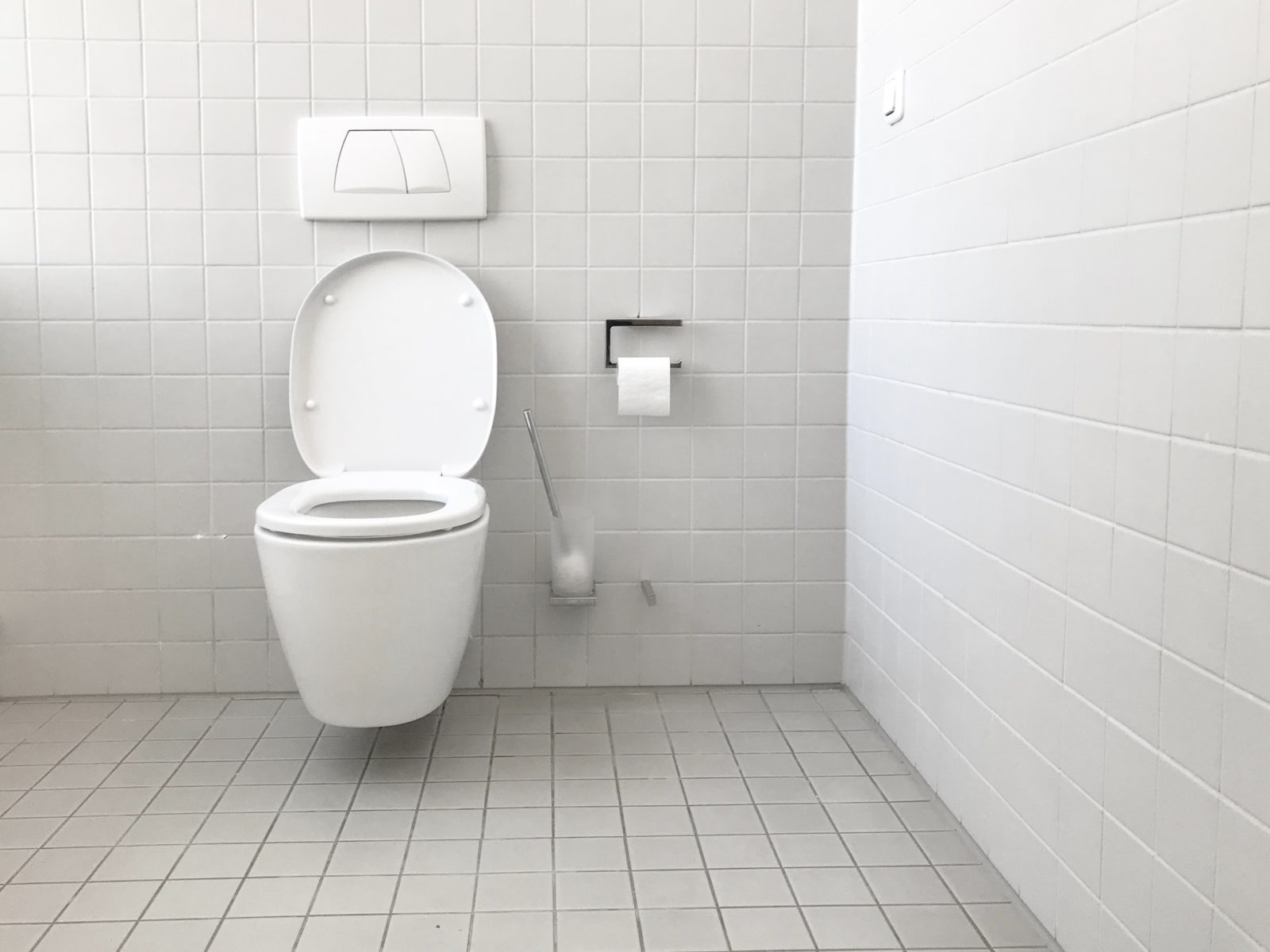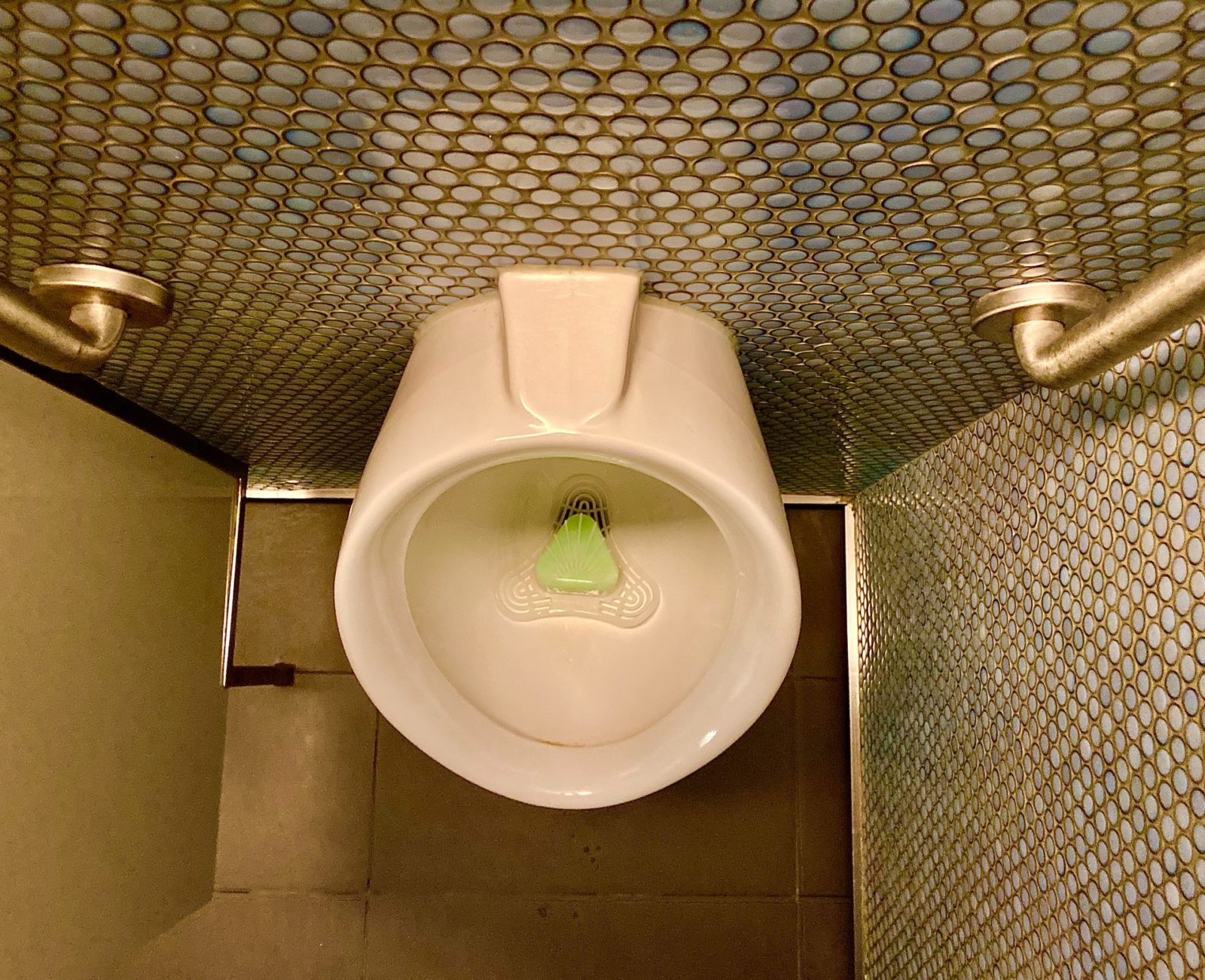There are a lot of things that homeowners expect to go down the drain without a fuss. However, there are quite a few things that end up giving them trouble later without them realizing the connection. After all, if you dump something into your drain, why would you assume it’s related when your drain stops working over a week later? Today we want to talk about some things that clog your drains that may surprise you!
1. Grease, Oil, and Fat, Oh My!
The #1 thing that people dump down their kitchen drain only to end up with a clog is all of the above. Grease, oil, and fat from meat all love to stick around. Have you ever fried bacon only to find the grease has solidified in the pan within a few hours? When you dump things like bacon grease down your kitchen drain, it will solidify in your pipes the same way.
While you’re not likely to get enough grease solidified in your pipes to block the entire drain, there’s more. Congealed grease isn’t just a blockage by itself, it’s a glue. Any other food particles that end up going down the drain while you wash dishes will get caught in this greasy web. After a while, half your drain pipe is being blocked off by grease and those things not lucky enough to escape its grasp.
2. Starchy Things
You might not think them a risk, but starchy things ending up down your drain can pose a huge problem. Rice, oatmeal, pasta noodles, and flour can all cause massive problems in your drainage. These things love to stick together. Have you ever gotten wet flour on your hands while baking? It’s like an organic cement. Now imagine what havoc that would wreak on your sink drain!
3. Coffee Grounds
This is one of the leading offenders in sink clogs. Coffee grounds are so small that they seem like they should simply wash right down the drain. Wrong! Coffee grounds may be small, but they’re also heavier than they look. Like sand, when put into water, 90% of the coffee grounds will sink. That means, at the first dip in your drain pipe, the grounds will get caught, settle, and clog your drains.
This is even more of a problem if you already have things like grease lining the inside of your drain pipe. Coffee grounds mixed with grease is a plumbing nightmare!
Unclog Those Drains
If you’re finding that your kitchen drain isn’t doing its job quite how it used to, you probably have an organic blockage. Give us a call at POM Plumbing and we can take care of it fast. Simply cleaning out the drains with one of our specialized pressure washers can bring your drain back to its usual speed and quality.

